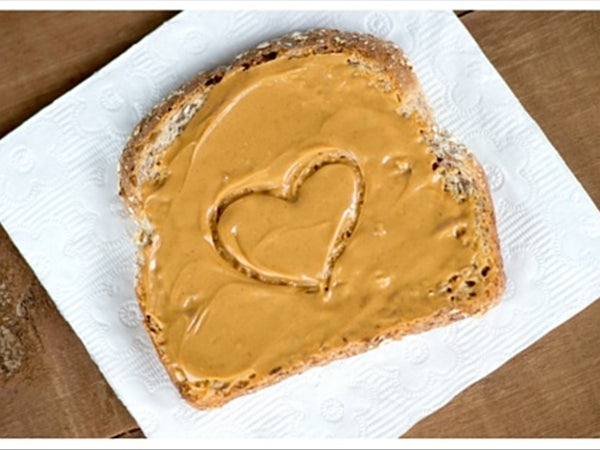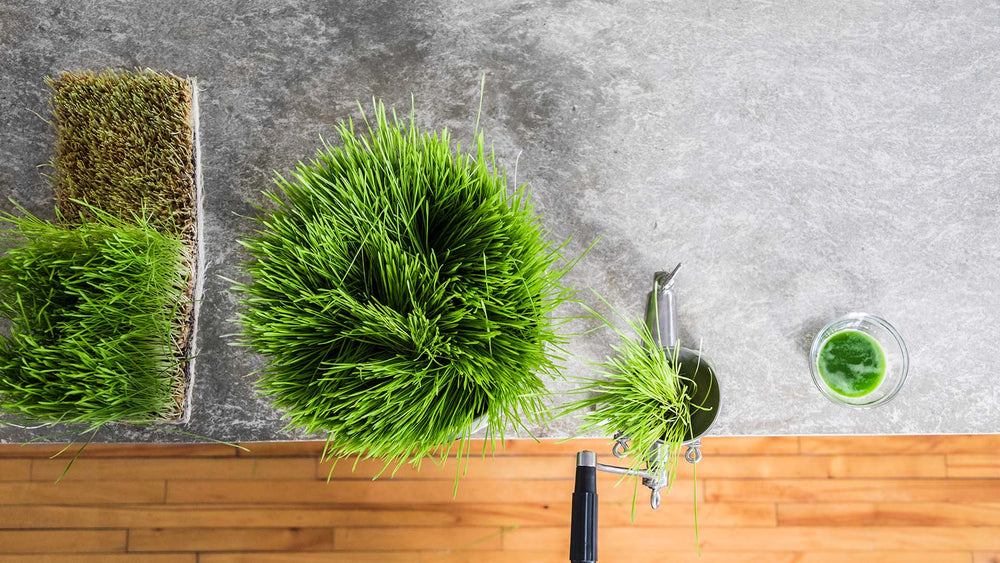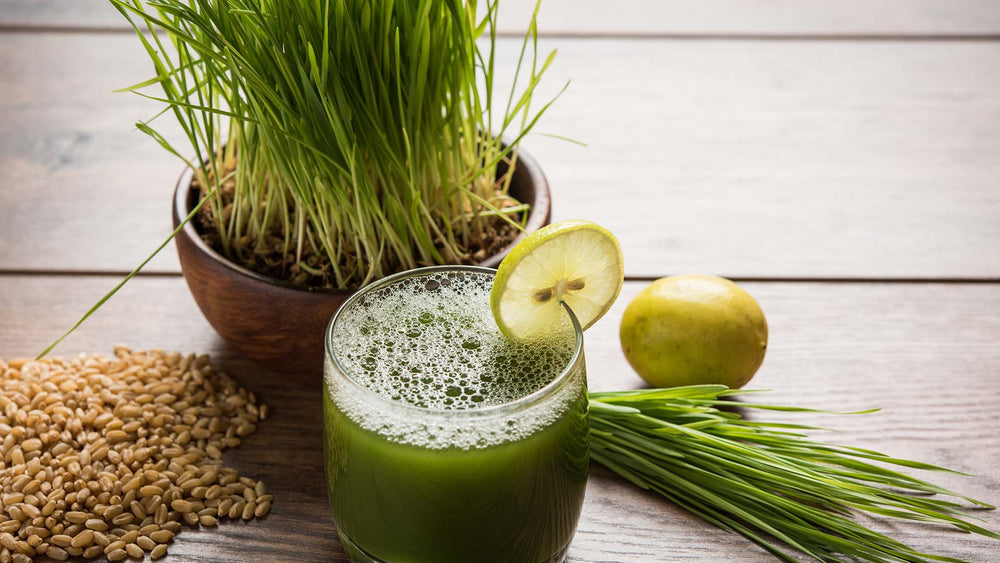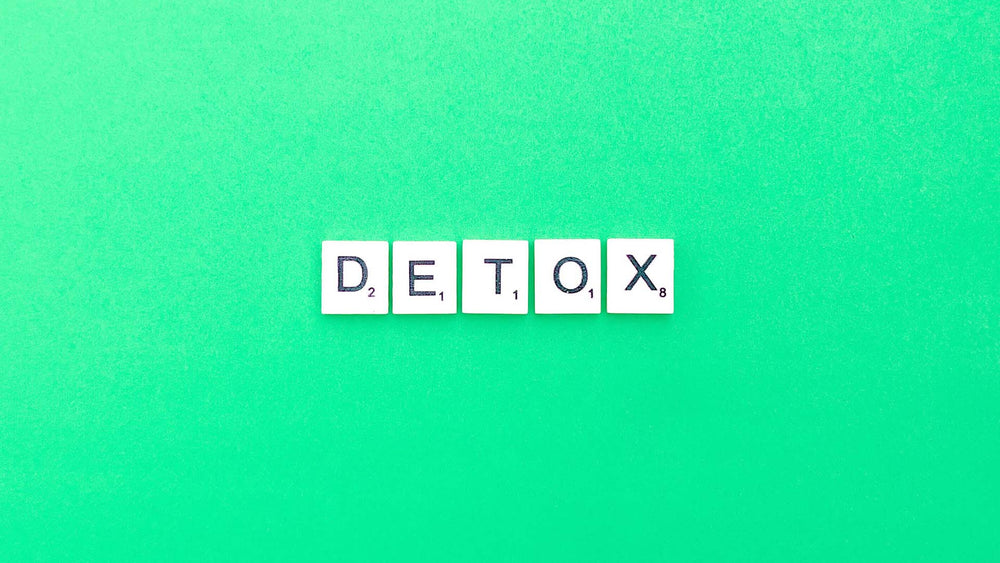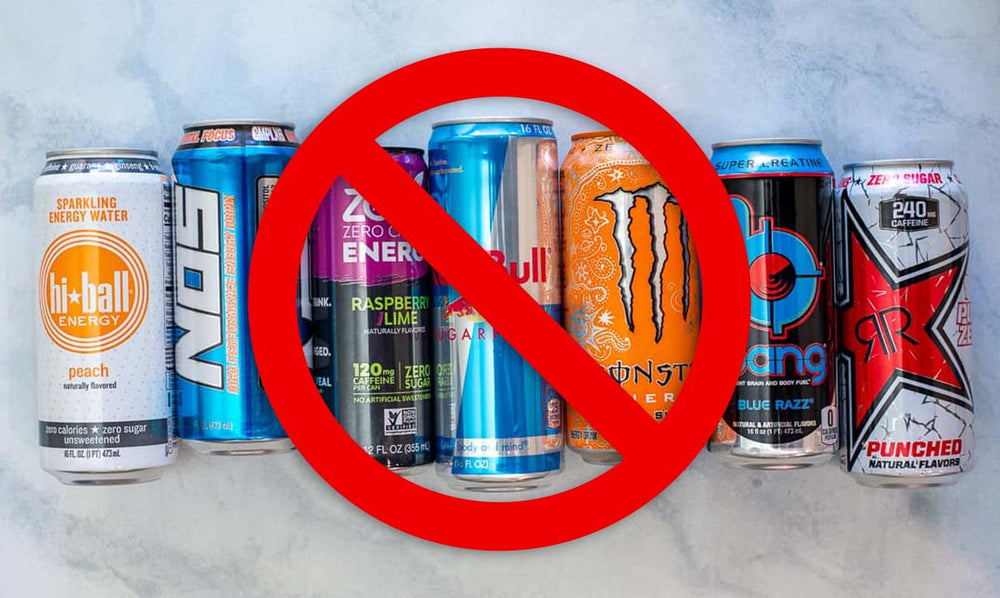There’s a lot of contradictory information about nutrition and health. As soon as you read advice on a health website, a news report on the radio tells you to do the exact opposite! It’s hard to know what to believe. Read information from sources you trust, talk to your doctor, and do your own homework regarding nutrition and the latest food trends. Find out what works for you and stick with it.
However, some nutrition myths are fairly standard, and have been handed down from parents to kids, and appear regularly on websites. Here are 8 common nutrition myths to avoid.

Eggs Cause Heart Problems
A study conducted at the University of Connecticut concluded that egg consumption increased good (HDL) cholesterol and eye protecting antioxidants lutein and zeaxanthin. Diverse healthy populations should have no problems including eggs in their regular diet. Eggs contain choline, an essential nutrient necessary to produce the neurotransmitter acetylcholine, which controls muscles and helps develop brain cells. You can also find high levels of choline in beef liver and wheat germ. Broccoli, Brussels sprouts, beef, shrimp and salmon contain moderate amounts of choline (between 55-70 mgs).
And keep the yolk – most of the egg nutrients are in the yolk, so don’t toss it out in favor of an egg white only scramble. If you eat only egg whites, you’ll have a bland meal and get few nutrients in the process.
Regular old white eggs are just as healthy as the organic brown eggs promoted by some experts. Brown eggs come from a different kind of hen – they’re not better, nutritionally, than white eggs. Don’t be fooled Eggs have a different shell, but other than that, the nutritional content is the same.
Look for omega 3 enriched eggs, which contain 600 milligrams of Omega-3s instead of the 30 mgs provided by regular eggs. Omega 3’s are heart-healthy fats, usually consumed through salmon, cod and other fish, seeds, or fish oil capsules. Most people don’t get enough Omega-3s through their diet. The hens producing Omega-3 eggs are fed grain with flaxseeds. Flaxseeds contain a -linolenic acid, a type of Omega 3, which is passed on to the yolks in the eggs hens lay.

All Fatty Foods are Bad
About 20% to 35% of an adult’s daily calories should come from healthy fats, so ignore the suggestion that anything fatty is bad for you. Four types of dietary fat come from plants and animals. They are saturated fats, monounsaturated fats, polyunsaturated fats and transfats. Monounsatured fats and polyunsatured fats are good for you and should be included in your diet on a daily basis. Limit or avoid transfats and saturated fats.
Healthy Fats
Polyunsaturated fats, including ultra-healthy Omega 3 fatty acids, help reduce bad cholesterol in your body. These fats help manage your cells and provide Vitamin E and other essential nutrients. Walnuts, sunflower seeds, tofu, salmon, trout and herring contain Omega-3s. Tofu, seeds and nuts contain alpha-linolenic acid (ALA) or plant-based Omega’s, and fish offer Eicosapentaenoic acid (EPA) and docosahexaenoic acid (DHA). Plant-based Omega’s 3s are less potent than the fatty acids in fish.
Monounsatured fats, like polyunsaturated fats, help lower your cholesterol levels and reduce the chance of heart attack and stroke. Olive oil, nuts, seeds, peanut butter and avocados are a few of the foods containing monounsatured fats.
Bad Fats
Trans fats occur naturally in milk or meat products or are produced artificially to make food taste better and last longer.
The trans fats in corn oil and other vegetable oils may be toxic according to some studies. Eating too many foods with trans fats increases your risk of heart disease, stroke and diabetes. IT contributes to higher bad cholesterol (LDL) levels and obesity.
Many restaurants and food manufacturers are banishing trans fats from their products, and you should avoid them as well. Although Americans consume fewer trans fats than a decade ago, you can still find them in cookies, crackers, ice cream, fast-food and many canned and processed foods. Read ingredient labels on products and avoid eating fast-food and junk food to eliminate trans fats from your diet. Look for the phrase “partially hydrogenated oils” to locate trans fats on food labels.
Saturated fats occur naturally in animal products. Eating foods high in saturated fats increases bad (LDL) cholesterol and raises your chance of stroke and heart disease. Pork, butter, cheese, lamb, fatty beef, cream and fried foods are some examples of foods with saturated fats. According to the American Heart Association, on 5 to 6% of your daily calories, or 120 calories if you’re on a 2,000 calorie a day diet, should come from saturated fats.
Tip – Bad fats aren’t the only way to increase your chance of heart disease. Eating refined carbohydrates like white bread and white rice also contributes to higher triglyceride level and heart disease, so reduce your consumption of baked goods and doughnuts.

Detox Aids Weight Loss
Fasting for a half day or a day if you’re really up to it giving up sugary processed foods and heavy meats and gravies, clean out your system’’
But moderation is the key with fasting and detox, as it is with every other part of your health routine.
You don’t need to spend money on detox packages or starve yourself for days. Adding a few of these fruits and spices to your diet will help get rid of toxins without a lot of effort on your part.
Blueberries, lemon, ginger and ginger tea, pomegranate, thyme, oranges and mangos are just a few of the best detox foods. Blueberries and pomegranates contain cleansing antioxidants called anthocyanins, which help rid your liver of toxins. Ginger and ginger tea aid digestion and improve circulation to cleanse the body of excess waste. Drinking ginger tea or adding ginger to salads, soups or entrees loosens up congestion to keep air passageways clean and help you breathe better. Add Vitamin C packed lemon to ginger tea to restore your body’s alkaline-acid balance. Wheatgrass supplements are another tool for gradual detox.

Diet Soda Helps You Lose Weight
Sugar and high-fructose corn syrup are harmful when consumed in excess amounts. Sugar isn’t any better than high fructose corn syrup. It causes tooth decay, diabetes, obesity and heart disease, and may even lead to depression and anxiety.
Diet soda is associated with weight gain and a higher instance of diabetes. A University of Illinois study showed that diet soda drinkers make up for reduced beverage calories by eating more food during the day. And most of the time the food they eat is loaded with salt, sugar and preservatives. People who drank diet soda consumed 69 more calories a day than participants who drank coffee, tea or sugary sodas.
Ditch the diet soda and replace it with water, tea, plain coffee or a delicious homemade weight loss smoothie.

All Calories are the Same
There’s a lot of talk in nutrition circles about the value of calories consumed in different foods and at different times of the day. It’s more important to look at the nutrients in the foods you eat, especially if you’re trying to lose weight. Eating a certain amount of calories per day won’t help you in the long run if they’re empty calories that provide low nutrition – or if you eat too much of one type of food and leave out other essential food groups.
For example, two cookies have the same amount of calories as a banana, but there’s a difference in the nutrients those foods contain. A banana provides fiber, potassium, Vitamin B6 (pyridoxine) and Vitamin C to keep you healthy, while a store-bought cookie may contain preservatives and excessive amounts of sugar. If you make cookies at home, you can use honey, fresh ginger, cinnamon, oatmeal and other ingredients to provide nutrients, and avoid problems caused by the ingredients in store-bought cookies. When considering food choices for weight loss, look at the long-term effects on your health.
A study conducted by researchers at the Boston Children’s Hospital compared three groups of dieters. Each group was put on a different combination of foods for weight loss- one group ate a low-carb diet, the second a low-fat, and the third, a low-glycemic index diet similar to the Mediterranean diet. Although all study participants ate the same amount of calories, the results varied. The low carb dieters lost the most weight, but showed higher stress levels than other participants. People on the low glycemic index diet burned more calories than the low fat group and less than the low carb group, without any harmful increases in stress or cholesterol. The low fat dieters lost less weight than the other two groups and experienced higher triglycerides and a reduction in good cholesterol.
When you’re planning your menus for the week, think in terms of nutrients, not just calorie count, for weight maintenance and better health.

Packaged Foods Marked “Natural, Fat-Free or Gluten Free” are Better for You
Don’t be fooled by a package with “natural, “fat-free”, and “gluten-free” on the label. Chances are it’s just a marketing tool to get you to part with cash and nothing more. There may be exceptions, like some types of yogurt, whole grain breads or organic milk, but most regular supermarket brands are just jumping on the fat-free, gluten-free bandwagon without providing any real health benefits.
The only natural or healthy foods that should be part of your diet are the ones created by nature! Eat fresh fruits and vegetables, nuts, seeds, spices, whole or vegan milk, butter, eggs, organically-raised meat and poultry and fresh fish. Those foods don’t need a flashy label to prove their worth.
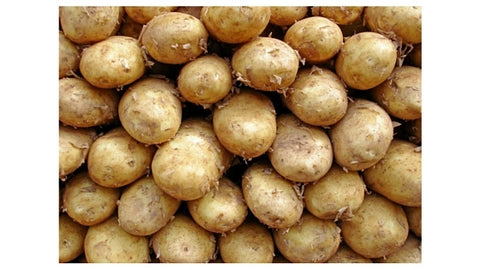
Potatoes Offer Empty Calories
Potatoes get a bad rap because of the way they’re commonly prepared. French fries, baked potatoes loaded with sour cream, bacon bits or butter, mashed potatoes with creamy gravy. A medium white potato without accoutrements contains only 161 calories, and contains potassium, Vitamin B6, Vitamin C, fiber, Vitamin B3 (niacin) and Vitamin B5 (pantothenic acid). Recent studies show they contain kukoamine compounds, which may lower blood pressure.
The way you dress up a spud makes all the difference. Try Greek yogurt instead of sour cream or add horseradish or even refried beans. You’ll save on calories and gain nutrients.

Gluten is Bad
Wheat (gluten) contains Vitamin B9 (folate), fiber and other important nutrients. The B-vitamins in wheat help boost serotonin levels - skip wheat and you’ll need to get folate and B-vitamins from other foods in your diet. If you’re low on folate, Vitamin B6, you’ll find yourself feeling low and you may eat more to compensate. There are other ways to get more folate in your diet, including red meat, peas, beans and eggs.
There’s no reason to completely nix gluten unless you’re a celiac. The latest fad has every bag and ad proclaiming “gluten-free” and therefore, healthier and more desirable. Although many people are considering going gluten-free due to all the publicity about it in the media, there’s no reason to cut wheat from your diet unless your doctor advises it.
Think about the nutritional level of the foods you eat – do they have a moderate to high amount of vitamins and minerals? Are you eating a combination of different foods or devoting your meals to one type of food (carbs, fats, etc) at the expense of a balanced diet? The freshness factor matters, too – if you can buy it in the produce section or from the butcher or fish market, there’s a 99% certainty it’s good for you.
Learn to cook at home and make smoothies and coffee at home. That doesn’t mean you can never cheat and eat pastries or fast-food. Treats are okay once in awhile, as long as you don’t slip back into old bad habits. And don’t succumb to nutrition myths, new or old – think before you eat.

